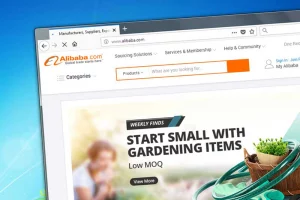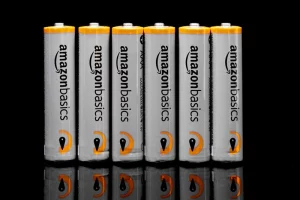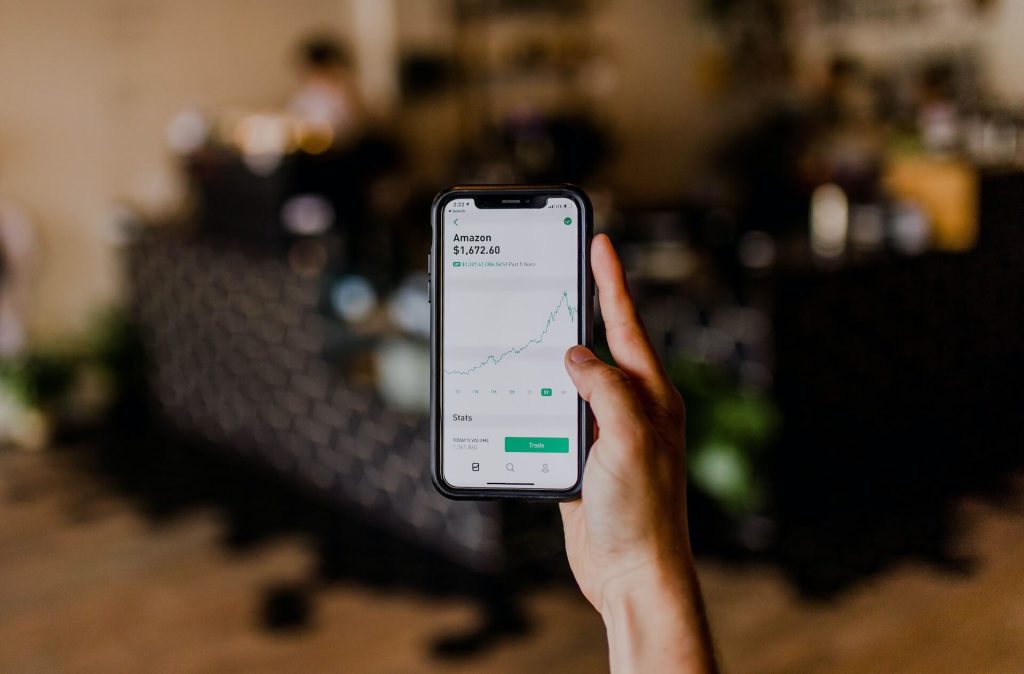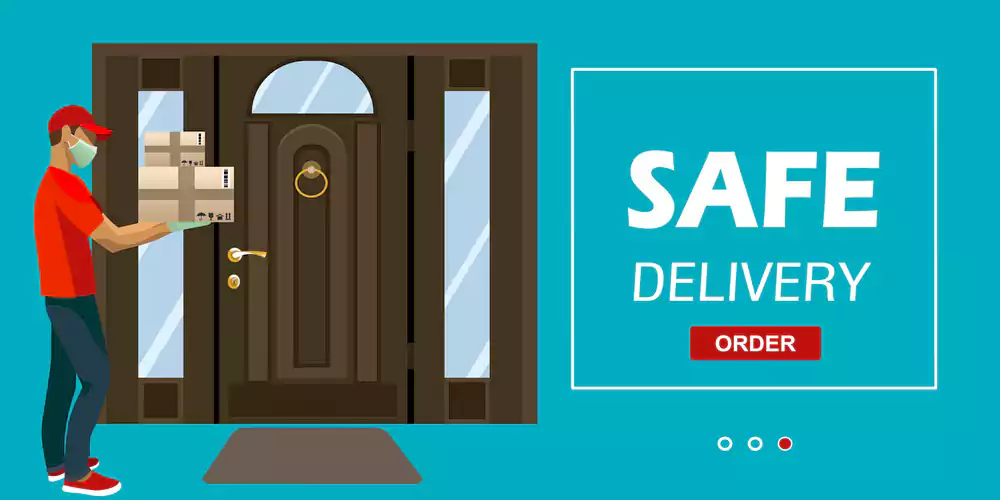Among other Amazon businesses, I’m much more familiar with, and my kind of favorite business model is Amazon’s private label business. Because most of the work I do by myself is Amazon private label, I think this is the best model for a beginner. With a very small budget and capital, you can start this business from anywhere.
In this article, you will learn everything related to Amazon’s private label business and how to get started. It’s just easy and can be understood quickly, but it takes time and research. From the very beginning, be ready for conceptualization to hands-on execution. Ensure you have the right track and proper mindset to take challenges to up your Amazon private label business to the next level.
Let’s get started with what Amazon’s private label business is. The step-by-step guide will remove all your doubts and will clear the concept soon.
What are Amazon Private Label Products?
The Amazon private label business model will be cleared half by the Amazon private label products elaboration. Amazon private label products are manufactured by third-party manufacturers or companies, and the product’s name, brand, or level goes to the seller as their brand products. In this model, the manufacturer has no right over the brand or level.
Amazon private label sellers send to the manufacturer their own brand name, logos, and level and then customize those elements on the products. Products with custom addition of brand name and level are generic products and mostly can be found on alibaba.
This way, a brand can be created and make a successful business grow. However, it can take time and effort to establish a business and brand recognition. But selling private label products on Amazon can build your brand for the long term.
Amazon Private Label Business Advantage:
Amazon’s Private label business has a significant advantage if you are willing to build a business or brand on your own. I’m narrating below some of the very special benefits that you can achieve.
Increase your Brand Credibility:
By selling products as an Amazon private label, you can build your brand credibility. You can make a profit on your products as well as increase brand value, which will benefit you in the long run.
Maximize Higher Profit Margin:
The private-level business needs no investment in products, manufacturing equipment, and industry budget. You just need to reach a good manufacturer, and they will provide you with quality products. This way, you can make more profit on your business.
More Recognition:
Amazon values private-level businesses and products. So, you will get maximum exposure from Amazon as a private-label seller.
Keeping up with the Trends:
The business ecosystem is a continuous process, and here, customer tastes, and trends are changing and evolving every day. So, as a private label seller, you can grab the customer’s taste and make your private label products accordingly. Your stand-out chance with your products just needs a simple change and customization.
Getting Started with Your First Ever Private Label Product On Amazon:
Doing proper research on products before getting one for your private label business is crucial. Many renewed e-commerce businesses prefer to source products that have already gained a reputation and high demand on the market. But to do so in your Amazon private label business, you must follow the proper strategy to pick the product, market the products, and sell the products. So, let’s get to know how to make sure your first-ever private-label product is going to dominate the market.
Chose the Product:
Cataloging products on your business catalog must go through proper product research, as I said before, when figuring out which product could make sense and where your business or brand stands. In this case, you must think about the Amazon best seller rank position while choosing the products.
Do research and try to figure out your interested product categories, then list associated product lists.
In this sense, I would recommend you to make a broader list and then narrow it down so that you can pick the best one. In my sense, popular categories and products to start with initially are household items, sports, electronics, and any other fast-moving products.
The other thing is to try to avoid seasonality or any sales fluctuation products as a beginner private label business. And make sure the product size is small and easy to sell products.
Pick or Partnered with a Manufacturer:
The tricky part for a private label business is to choose the right supplier or manufacturer for your white label business. You can find a manufacturer online, like Aliexpress, or in person. Both ways are alright to go on. But beware of choosing the parties and make sure they can provide what you are looking for and what are your business goals to accomplish.
Before placing any order, ask for a sample and negotiate. Research the market to see whether they can provide you with quality products at competitive prices.
Another crucial part of choosing products for Amazon’s private label business is quality products. We often make the mistake of choosing low-price products with low quality. This not only harms your business but also can destroy your brand reputation because the target is to sell online and in the world’s most renewed marketplace, where quality should be maintained as the priority base.
So, make sure your supplier can provide the quality, necessary documents, and a competitive price. Contact them through message, mail, or over a phone call.
Name a Brand, Logo, Product Design, and Packaging:
Now select your brand name, logo, product design, and packaging, and how you want to appear to your potential customers. The game has started. You know, the cool thing about Amazon’s private label business is the lack of direct competition. You can easily grab the buy box automatically of a particular ASIN.
Beyond the physical components like the product itself and its packaging, you can distinguish your brand by crafting a compelling value proposition and a captivating brand narrative. These less tangible aspects can elevate brand recognition, foster consumer engagement, and bolster social credibility.
To captivate potential customers, incorporate distinctive and vibrant color schemes, fonts, and design elements into your logo and packaging. Maintaining consistency across all your private-label products reinforces brand coherence.
Throughout the creation of your brand concept and physical design, always consider your target audience’s preferences to ensure your choices resonate with them.
Request Sample Product from Manufacturer or Suppliers:
So, you have done the above research and study. Now, request a product sample from your potential suppliers as your quest. After receiving the product sample, look at the products carefully and make sure you’ve got the exact quality.
For some extended experience with your prototype product, you can share your various groups of people. Get their thoughts and feedback. And finally, if you think you are ok to go, then place a bulk order.
Fulfillment Channel:
The other important factors to consider before your first ever sale as an Amazon private label seller. You must decide on your fulfillment channel how you want to fulfill your orders to the customer’s door. You have multiple fulfillment methods you can choose for your business, whether you can fulfill your orders on your own or any other third-party courier.
Amazon has its fulfillment method called Amazon FBA. So, for an Amazon private label seller, I would suggest you choose Amazon’s fulfillment (Fulfillment by Amazon) FBA.
It’s all up to you, and you have to decide which method is best suited and convenient for your business growth.
List Your Products on Amazon Seller Central:
After securing and selecting your products, the next step involves researching keywords for your product title and description, along with gathering high-quality product images for your Amazon listing.
Dedicate ample time to crafting an optimal listing title. If you’re unsure how to begin, studying your competitors can provide valuable insights. Analyze what aspects you want to emulate and consider strategies to differentiate yourself effectively.
Final Thoughts:
Private label business needs lots of effort, consistency, research, and time. Suppose you are willing to control and maintain involvement throughout the entire process. You can achieve your Amazon private label business success.






